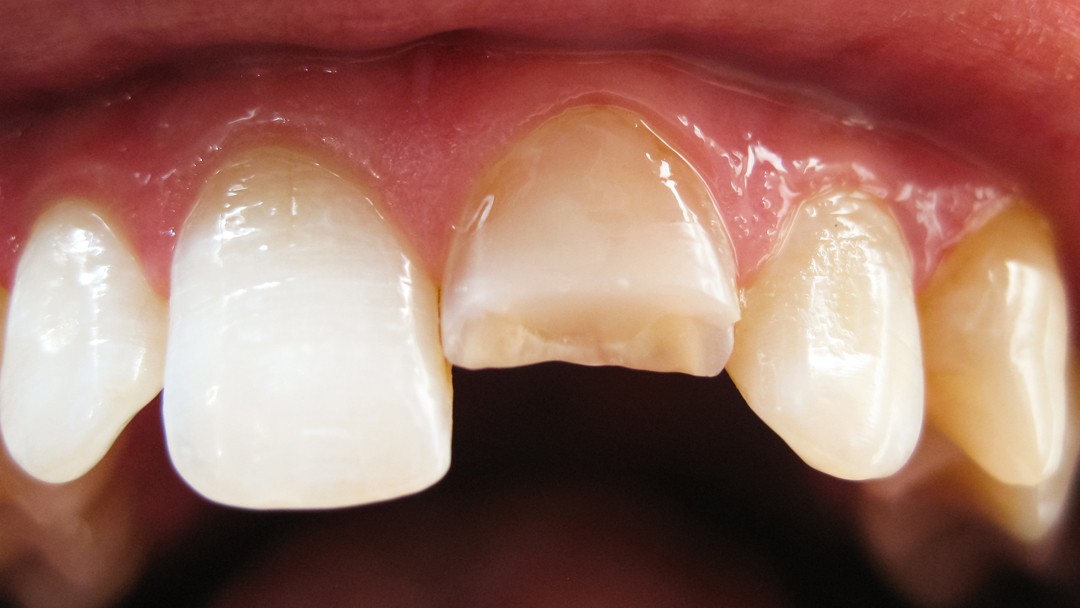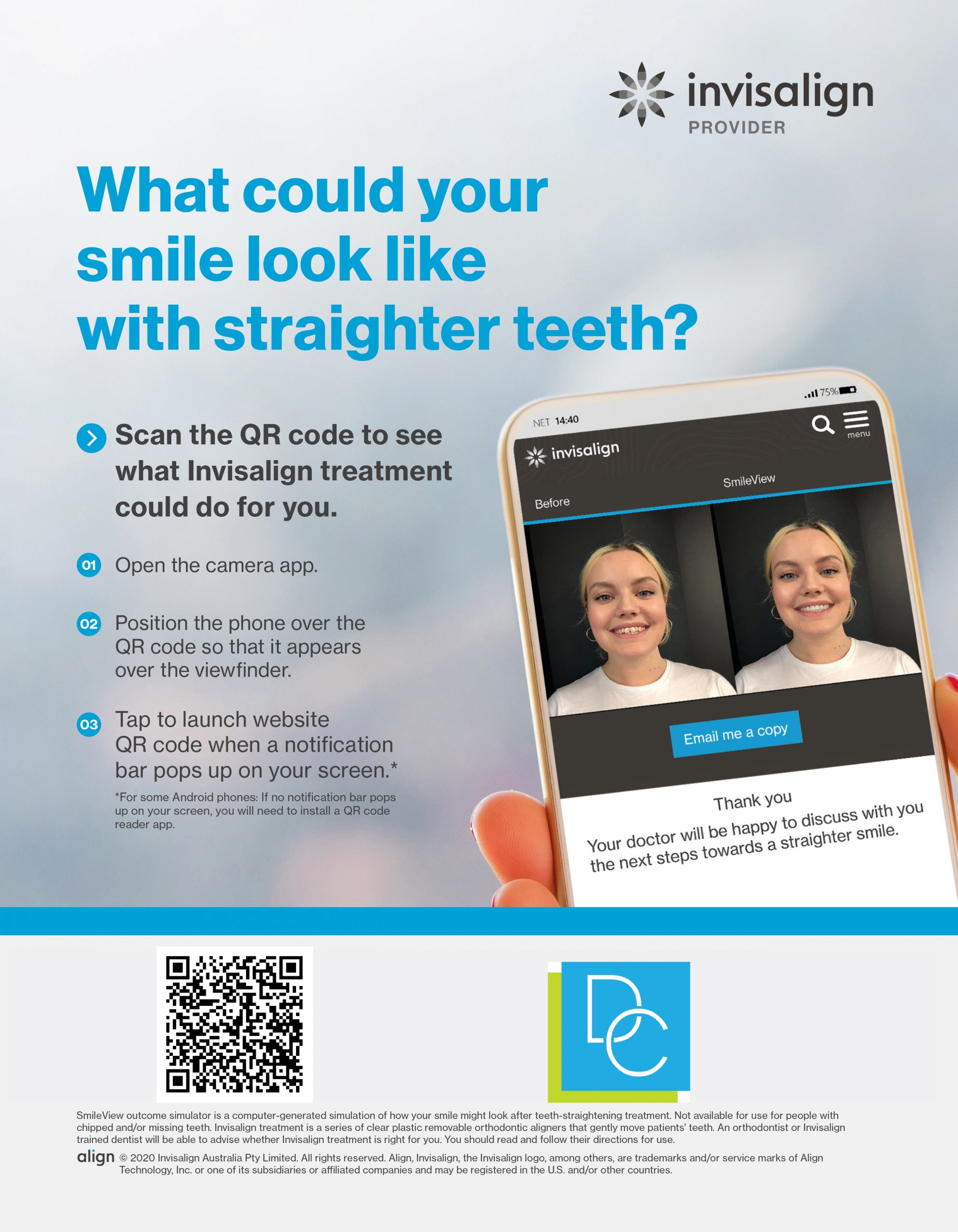- December 2023
- April 2022
- March 2022
- February 2022
- January 2022
- November 2021
- October 2021
- September 2021
- August 2021
- July 2021
- January 2021
- December 2020
- November 2020
- October 2020
- September 2020
- August 2020
- July 2020
- June 2020
- May 2020
- April 2020
- March 2020
- February 2020
- January 2020
- December 2019
- August 2019
- July 2019
- June 2019
- May 2019
- April 2019
- March 2019
- February 2019
- January 2019
- December 2018
- November 2018
- October 2018
- September 2018
- August 2018
- July 2018
- May 2018
- April 2018
- March 2018
- February 2018
- January 2018
- November 2017
- October 2017
- September 2017
- August 2017
- July 2017
- June 2017
- April 2017
- March 2017
- January 2017
- October 2016
- October 2015
- September 2015
- August 2015
What to Do When You Chip or Break a Tooth
4 August,2017Teeth are incredibly durable, and we put them to work every day. It is only natural that they can be overworked and unfortunately are susceptible to chips, cracks and breakage. This can happen in a number of ways, including through biting down on something hard, being hit hard in the mouth, falling, through cavities that weaken the tooth or old fillings that don’t support the tooth.
Although smaller chips can go unnoticed, larger fractures can cause pain, and could lead to nerve damage, or nerve exposure to hot or cold temperatures which causes discomfort. In the case that you do chip or fracture your tooth, there are a number of steps you can take, including:
- Rinsing the mouth with warm water to try and alleviate pain and clean the area.
- Try to stop any bleeding by applying pressure with a piece of gauze to the area for roughly 10 minutes.
- If the tooth is broken, apply an ice pack to the lip or cheek area closest to the broken tooth as it will help to reduce swelling and alleviate some pain.
- Try to cover the area with temporary dental cement, which can be found at most chemists
- See your dentist as soon as possible, or head to an emergency dental clinic.
What to Expect from Your Dentist
Depending on what type of breakage you are experiencing, and the severity of it, your dentist will approach it differently. These include:
Minor cracks: Lines that are small and only affect the outer surface, or enamel, of the tooth. These rarely require treatment, and can be smoothed over with a light polish from your dentist.
Cracked tooth: This is a more serious fracture, where the crack is deep enough to expose the nerve. Although the tooth piece hasn’t broken off completely, it can spread into a more serious problem. It can be fixed with filling material; however, it may require a crown to prevent the crack worsening. If the pulp within the tooth has been effected, it may require a root canal to rectify the issue.
Chips: Again, these don’t always require treatment. It may be suggested by your dentist that the chip is filled with a material as a precaution, or to make it look whole again.
Serious breaks: This is where the nerve is fully exposed because of the severity of the tooth’s breakage. This is treated through a root canal treatment to remove the nerve that is exposed and restore the tooth with a crown to ensure that you can continue to chew with it without complete removal of the tooth.


